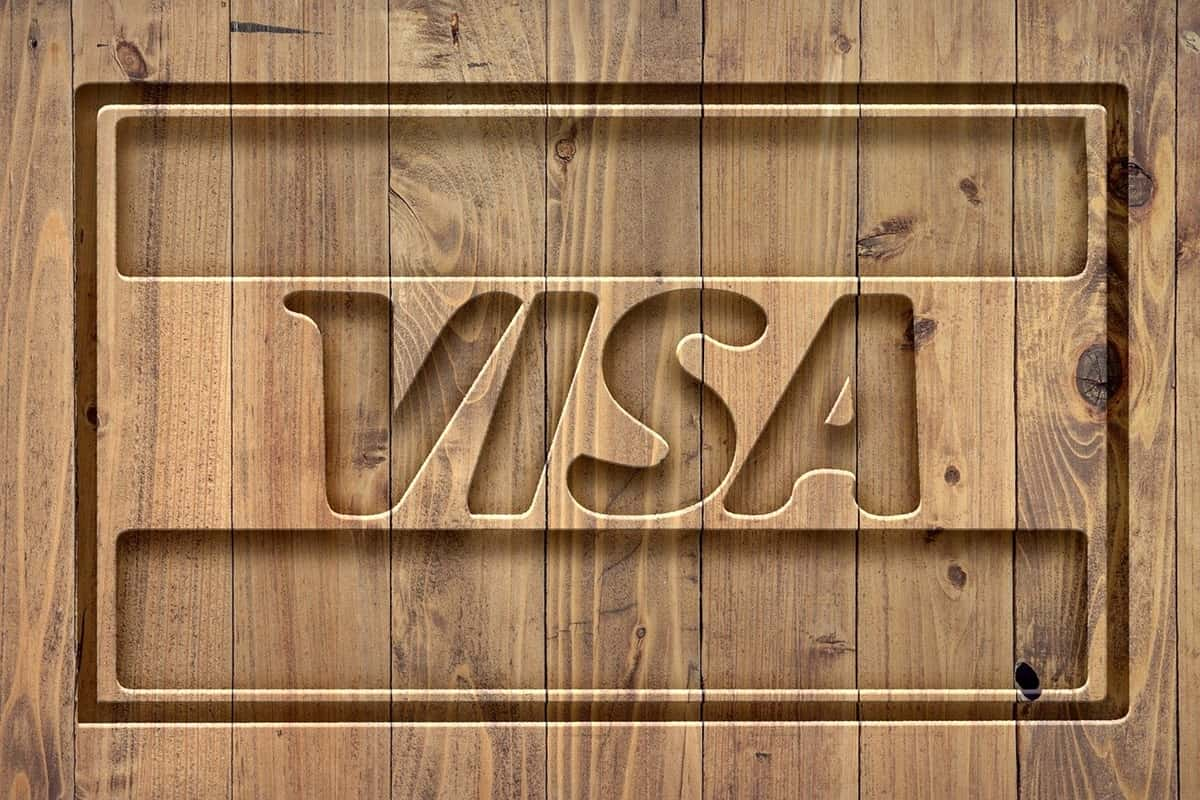On Wednesday, March 27, the payment industry giant Visa announced plans to implement artificial intelligence tools in three new apps as part of its fraud and risk management technology platform to protect merchants, issuers, and consumers.

It is known that the mentioned company’s new solutions will be used even in the case of a transaction outside its corporate functional network. It is worth noting that an increase in the number of financial operations in real-time is currently being recorded. Moreover, the level of consumer activity in transferring money between accounts is growing. Against this background, there is also an increase in fraud in the virtual dimension of the financial system. Visa considers AI as a tool to counter cybercrime.
James Mirfin, senior vice president and global head of the mentioned company’s risk and identification unit, says that the level of fraud in the functional network of this firm is relatively low and amounts to about 7 cents per $100. At the same time, scammers are developing new methods of attacking transactions.
Social engineering has become the main vector of the specified criminal activity. In this case, it means situations where businesses and financial institutions are deceived by scammers posing as legitimate customers. An increase in the number of phishing attacks is also recorded. Moreover, there has been a growth in business email compromise fraud.
James Mirfin says that criminals improve their skills through the use of technology to create a kind of reason for trust on the part of victims. Separately, he noted that in this case, playing on human nature is being carried out.
It is worth noting that the procedure for making payment transactions in real-time provides for a reduction in the time to check the relevant actions for potential fraudulent danger. Against this background, there is a need for additional financial operations protection tools for businesses, financial institutions, and merchants. According to James Mirfin, this need is especially relevant outside of North America. In this context, he separately noted that financial institutions and merchants outside the mentioned region are in urgent need of additional protection from cybercrime. The specified participants in the financial system may have portfolios of multi-network cards or operate in markets where transactions have to be switched within the country.
Currently, many companies are striving for simple tools used to combat cybercrime. Firms are also interested in new anti-fraud and authorization rules for their portfolios in an attempt to approve more secure operations while reducing the burden of risk management. The relevant request is actually justified by the current reality, because, for example, there are situations when call centers face an excessive number of references from customers and victims of fraud.
Visa, as an active functionary in the area of combating cybercrime, has advantages in the form of global coverage and a huge database of trillions of transactions. Moreover, the company handles billions of accounts and has many years of analysis experience. The firm’s capabilities can improve authorization and reduce the number of false positives.
James Mirfin says Visa is investing in making credentials as secure as possible and extending this protection to the entire payment ecosystem. According to him, within the framework of the mentioned ecosystem, the company has spent more than $10 billion over the past five years. In this case, it means investing in new technologies, including transactions on non-Visa cards.
James Mirfin said that without united networks, it will be difficult to identify fraudsters and illicit flows of funds. In this context, an important step was taken by the Government of the United Kingdom, which legally allowed banks and payment service providers to suspend suspicious peer-to-peer transactions for up to four days to conduct security checks.
Visa has launched three solutions based on artificial intelligence. This was done as part of the Visa Protect suite. The new solutions use neural networks and deep learning techniques.
One of the new products of the giant of the payment industry is Visa Deep Authorization. In this case, the company helps issuers to better manage transactions. Visa assesses the risks of financial operations. The mentioned solution concerns transactions in which no cards are used. In this case, the speed of the procedure increases, and the number of fraud cases decreases.
Visa is also scaling up its authorization and risk management system for payment transactions using cards not issued by this company. The specified extension is network-scheme-agnostic. This means that issuers can simplify their anti-fraud actions.
Moreover, Visa will launch a real-time payment protection system between accounts. The mentioned solution is to a certain extent a reaction to the trend of growing interest in fast transactions. In this case, the company is launching the first fraud prevention offer designed for instant financial transactions. Visa will provide risk scoring for payments that move between accounts and digital wallets. In this case, a mechanism is provided for tracking how banks send and receive money in real-time.
Visa customers will have access to new solutions during the first half of 2024. So far, there is no more detailed information about when the new products will start functioning.
James Mirfin stated that Visa will use advanced functional models for all transactions on its network. The company will assess the level of risk in each case. Risk scoring will be available in real-time to the sending bank and the receiving bank. James Mirfin also stated that the mentioned procedure can be carried out for one financial institution or a group of relevant organizations independently. Visa’s new solutions model transactions and assign risk ratings. This is similar to the Visa Advanced score system, which operates in the corporate network of the giant of the payment industry. However, as part of the new solutions, the tools are used in a different real-time payment network.
James Mirfin says that Visa’s new offerings will be especially useful for small financial institutions that do not have the resources or teams of specialists who can grapple with the operational burden of risk management. According to him, customers are allowed to choose tools and their combinations. Consumers will also be able to put rules for managing risks in their portfolios.
James Mirfin said that criminals are becoming more sophisticated, having access to the technologies used by banks and merchants. He noted that Visa is trying to stay ahead of representatives of the criminal world.
In the context of combating fraud in the virtual space, not only technological solutions are important. In this case, it is also of particular importance that users are aware of the methods of action of criminals. For example, a query in an Internet search system, such as how to know if my camera is hacked, will allow anyone to get information about signs of unauthorized access to the device.









